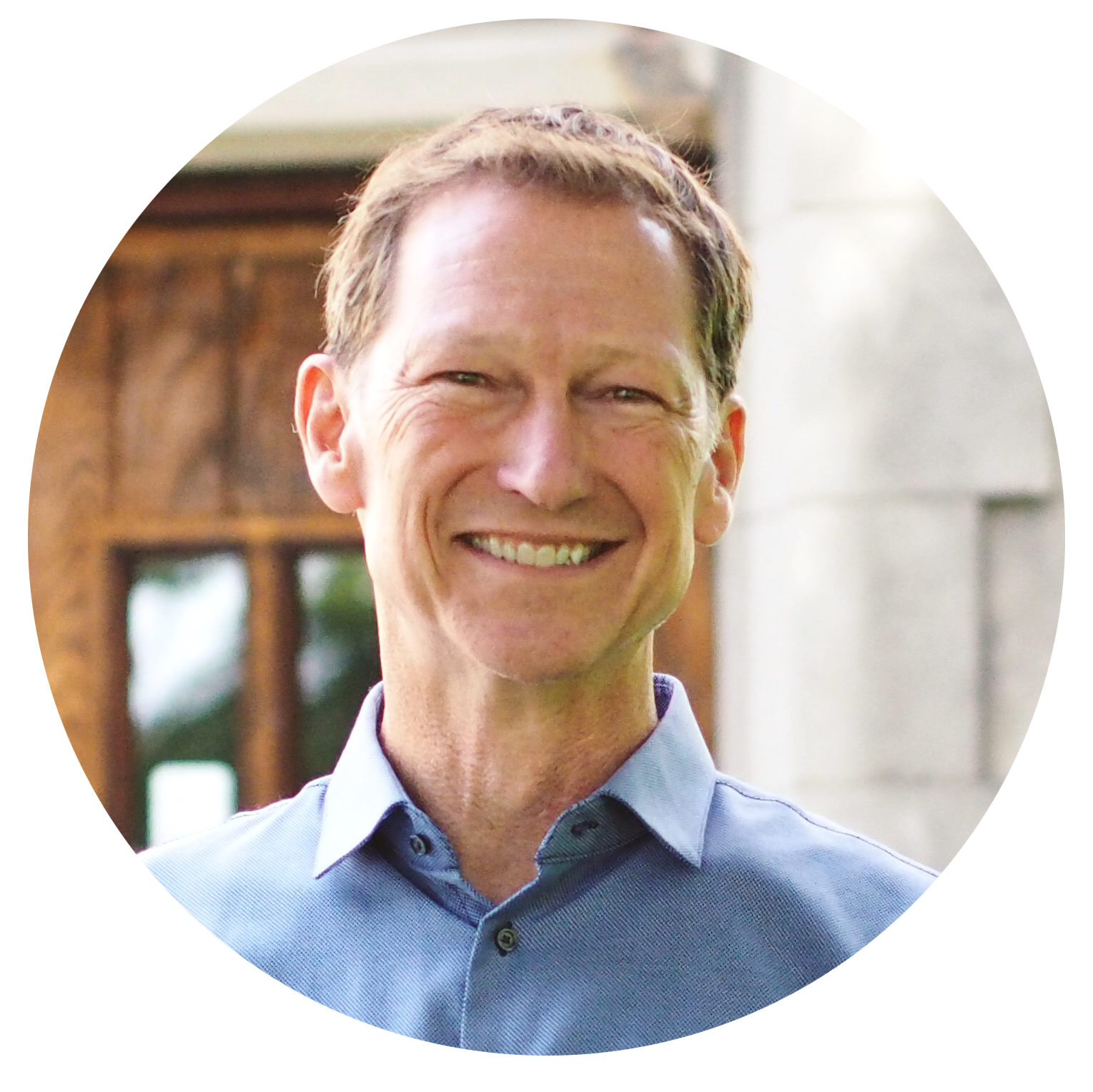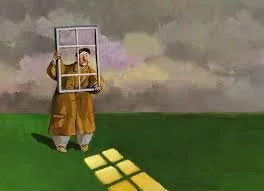Renewing Our Moral Imaginations
This post was originally part of an e-newsletter of the American Waldensian Society. To subscribe to the e-newsletter, contact Duncan Hanson: duncanehanson@gmail.com
We are living in the midst of multiple crises. Most people’s “normal” lives here in the United States have been disrupted by the pandemic and by the Black Lives Matter protests that have followed on the heels of the killing of George Floyd. I have heard many people wonder when “things will get back to normal.” But rather than desiring to simply put the pieces back together again, I think these crises are an important opportunity to see ways in which the pieces of our society, and even our own lives and hearts, were put together quite poorly before. Rather than wistfully wishing for our old lives before these crises, we have an important opportunity to rethink, reorganize, and reimagine our future.
Cornel West is a prominent and provocative democratic intellectual. He is Professor of the Practice of Public Philosophy at Harvard University.
Using this time as an opportunity to imagine and act toward serious systemic change was highlighted in a recent op-ed piece written by Cornel West, a favorite activist philosopher of mine, and three others. Those four sounded like prophets of old as they wrote, “freedom’s forge must finish its work while the coals are hot. This is the hour to reimagine what America could become if “We the People” meant all of us” (Barber, Theoharis, Tyson and West, “What the Courage to Change History Looks Like,” NYTimes, June 19, 2020). I want to be part of that reimagining. Dealing with our country’s racial history in order to imagine a new kind of racial future is an important, or perhaps the most important, place to start. These recent crises have also helped alert us to other deep structural issues that mark our world today: the increasing gap between rich and poor, the groaning of creation, and the violence and warfare within and between nations.
According to its painter, Cedric Michael Cox, "Working in Progress No. 2" "is based around the whole idea of inclusiveness within the community, people of different ages and backgrounds working together toward a common goal, which is to lift the city up."
Thinking through the details of national, local and church policies that address these deep-seated issues and create real change is an important task. But having a moral compass that guides the direction of those policies and having the will and heart to implement them is also required – we need to renew what many have called our “moral imagination.” Best-selling author Jacqueline Novogratz is even calling for a “moral revolution.” I believe such a moral imagination consists of at least two things: a vision of and commitment to the dignity of all humans, and a vision of and commitment to expanding the circle of our care and concern outward to an ever more expansive web of relationships characterized by justice, care and delight. As a Christian, I link humanity dignity to that fact that we are all created in “the image of God,” and call this expansive web of relationships “shalom” or “the Kingdom of God.”
These are familiar terms for many Christians. In fact Jonathan Edwards in The Nature of True Virtue argued centuries ago that a central work of the Holy Spirit in our lives is to increase our circle of care and concern wider and wider. But I am impressed in the midst of our current crises with how many people hailing from quite different backgrounds and belief systems in our society today seem to be going through a profound moral reckoning. So many are calling for a renewal of our imaginations in ways that resonate so deeply with these core Christian commitments. We as a society are awakening to the extent that our moral imaginations are stunted or lacking altogether. We are awakening to our great complicity in racist systems that undercut the dignity of black lives, our complicity in economic systems that show our lack of care for and justice toward the poor, our lack of care for and responsibility toward the creation as a whole, and our lack of skill in the things that make for peace.
Waldensians have had a long history that has attuned them to issues of human dignity and given them an impulse to expand their circle of care outwards. Now is a wonderful time to make use of that inheritance by listening hard and taking stock of ways we all are complicit in systems that do not match our best moral imaginations. It is also a great opportunity to share how our own Christian commitments ignite and propel us forward, and to link arms with other Christians and with all individuals and organizations of good will who are calling for and acting with a renewed “moral imagination.” May God help us all take this opportunity to reimagine and rearrange the scattered pieces of our lives in ways that more closely fit with the patterns of God’s kingdom of justice, care and delight. May that renewed imagination ignite us to action whenever we pray “Thy Kingdom come.”







